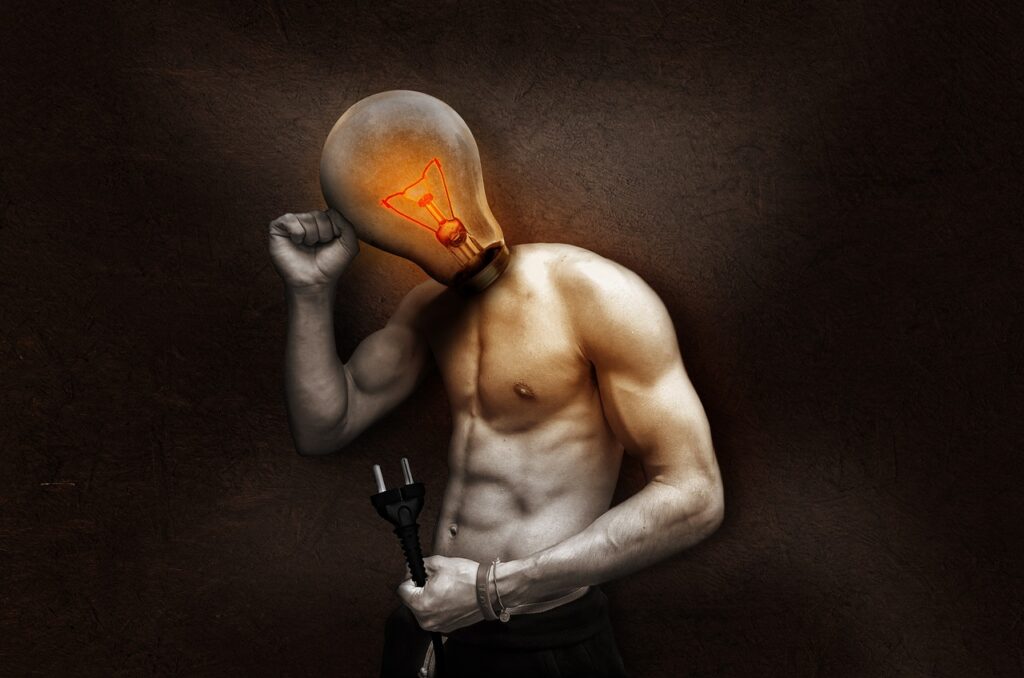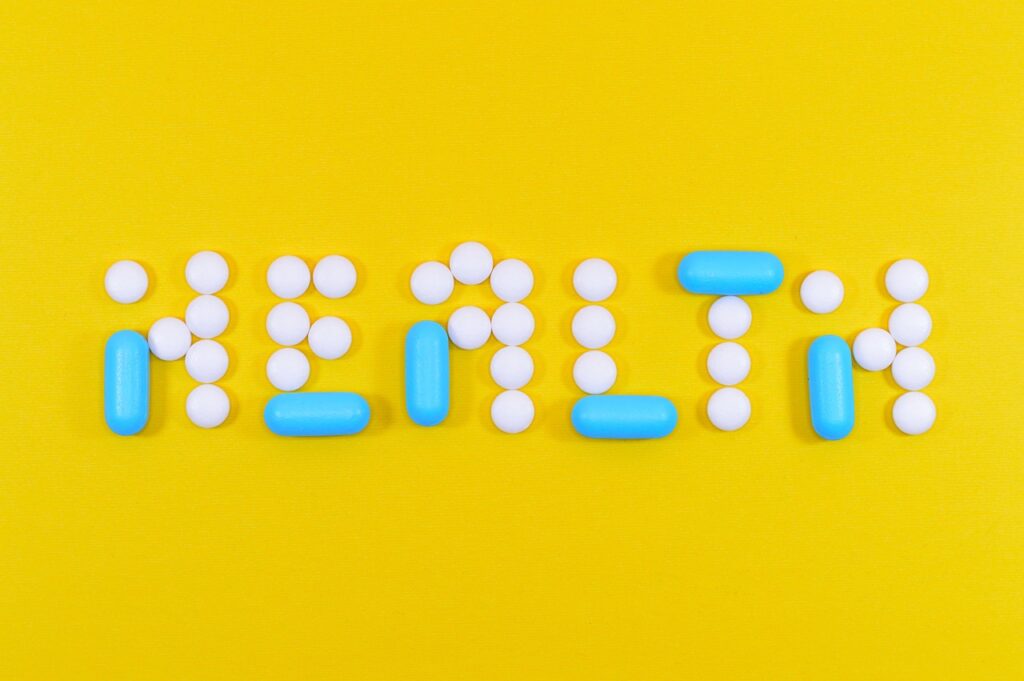You May Have An Electrolytes Imbalance: What It Means for You

Electrolytes Imbalance Plays a Crucial Role in Health & Fitness
In the vast world of health and wellness, there is a seemingly endless range of topics to understand. One term that you’ve likely come across is “electrolytes,” but do you know what happens when these vital minerals are imbalanced? In this post, we will delve deep into the subject of electrolyte imbalance—what it means, its symptoms, causes, remedies, and its relevance to exercise. Our aim is to give you a thorough understanding that will help you maintain a healthier lifestyle.
Unpacking Electrolytes Imbalance: What Does It Mean?

You’re probably familiar with the concept of electrolytes. Maybe you’ve seen it mentioned on your favorite sports drink or in conversations about staying hydrated. But have you ever wondered what electrolytes really are and what role they play in your body? More importantly, have you considered what happens when there’s an imbalance of these essential minerals in your system?
Let’s unpack this. Imagine your body as an intricate network of highways, with electrolytes acting as vital traffic signals, regulating the flow of water in your body, ensuring your muscles contract as they should, and keeping your nerve impulses firing properly. These microscopic powerhouses are your sodium, potassium, calcium, bicarbonate, magnesium, chloride, and phosphate. Each has a unique role in maintaining your body’s balance and overall health.
When there’s an upset in the balance of these electrolytes – maybe too much or too little of one or more type – that’s what we refer to as an electrolyte imbalance. It’s like a traffic signal malfunction on your body’s highway system, which can lead to a range of complications, some mild, some potentially severe. Understanding this gives us a broader picture of how our body functions and why maintaining a balanced intake of these essential minerals is crucial.
Recognizing the Symptoms of Electrolytes Imbalance

Do you know what an electrolyte imbalance might look like? These imbalances can be stealthy, often sneaking up on you without prominent indications. However, they do leave certain tell-tale signs that, if recognized early, can help mitigate potential complications.
Imagine, for a moment, feeling a wave of fatigue wash over you more often than not. Or perhaps you’ve noticed your heartbeat seems irregular—sometimes racing, sometimes slower than usual. These could be your body’s subtle distress signals, telling you something is off.
Add to this, muscle cramps or a feeling of weakness, especially post workouts, and the signals become stronger. Have you been feeling confused lately? Or do you find yourself battling headaches more frequently than before? While it’s easy to brush these symptoms off as mere signs of stress or a busy lifestyle, they may very well be your body’s way of alerting you to an electrolyte imbalance.
Remember, electrolytes are akin to traffic signals on your body’s intricate highway system. An imbalance can disrupt the smooth traffic flow, leading to the onset of these symptoms. It’s crucial to listen to these signs and take action. The earlier you recognize these symptoms, the sooner you can begin to address the imbalance, ensuring you stay on the road to optimum health.
Unraveling the Causes of Electrolytes Imbalance

When it comes to the factors that could potentially disrupt the delicate balance of electrolytes in our body, the list is quite extensive. From sweating excessively during your daily home gym workout, to experiencing bouts of vomiting or diarrhea, any situation that causes your body to lose fluids at an accelerated rate could set the stage for electrolyte imbalance.
Fever is another culprit that can cause your body to lose fluids and consequently disrupt your electrolyte levels. Notably, high fever, which causes excessive sweating, can often lead to a significant loss of vital electrolytes.
Furthermore, certain medications have been known to interfere with your body’s electrolyte balance. Diuretics, for instance, increase the amount of water and salt expelled from the body, and can, therefore, cause electrolyte levels to dip. Antibiotics can also play a role in altering electrolyte balance, as some types can cause side effects like vomiting or diarrhea. Chemotherapy drugs, too, can induce these side effects, and in doing so, can lead to an imbalance in electrolyte levels.
While we’ve touched on a handful of factors that can result in electrolyte imbalance, it’s important to note that this is not an exhaustive list. A myriad of conditions, illnesses, lifestyle habits, and even dietary choices can contribute to an imbalance. So, staying in tune with your body, recognizing any changes, and seeking medical advice when necessary is key to maintaining the crucial balance of electrolytes in your system.
Remedying Electrolytes Imbalance: Possible Solutions

So, what can you do to address an electrolyte imbalance? Restoring this delicate balance starts with getting to the root of the issue. This may require altering medication if it’s determined that a particular drug is causing the imbalance. Alternatively, if the imbalance stems from an underlying illness, treating the illness can help stabilize your electrolyte levels.
Yet, it’s not only about medical treatments. Sometimes, the solution lies in making adjustments to our lifestyle and dietary habits. For example, are you drinking enough fluids each day? Hydration plays a crucial role in maintaining electrolyte balance, so if you’re falling short on your daily water intake, it’s time to up your game.
Alongside hydration, pay attention to your diet. Is it diverse and rich in essential minerals? Consuming a balanced diet that includes foods high in key electrolytes can be a game-changer in restoring electrolyte balance. Think bananas for potassium, yogurt for calcium, spinach for magnesium, and table salt for sodium.
Incorporating these changes can be a significant step towards restoring balance. However, remember that every individual is unique, and what works for one may not work for another. Therefore, it’s always advisable to consult a healthcare professional for personalized advice.
In the end, tackling electrolyte imbalance requires a multi-pronged approach, combining medical, dietary, and lifestyle strategies. It’s about being in tune with your body, recognizing changes, and taking proactive steps to restore equilibrium. After all, your health is in your hands, and maintaining your electrolyte balance is a critical part of that journey. So, drink up, eat well, and listen to your body – it knows what it needs.
The Relevance of Electrolytes Imbalance to Exercise

Let’s pivot our discussion to the significant role electrolyte balance plays in your exercise regimen. When you break into a sweat during your home workout, you’re not just shedding water; you’re also losing precious electrolytes. Sodium and potassium, in particular, are lost in substantial amounts during sweating. This depletion can upset your electrolyte balance and manifest in symptoms like muscle cramps or fatigue. In extreme cases, it could even cause your heartbeat to fluctuate, which is far from ideal during a workout.
Understanding this interplay between electrolytes and exercise is fundamental for fitness enthusiasts. As you perform your rigorous workout, your body is like a vehicle burning fuel and losing coolant (electrolytes) in the process. The key is to keep replenishing these essential minerals to ensure smooth functioning of the body’s engine.
Think of this as routine maintenance of your workout vehicle. Just as a car would need periodic oil and coolant changes to run efficiently, your body requires a regular influx of these vital electrolytes, especially during periods of heavy exertion. This upkeep is essential to prevent potential performance issues down the road, and it begins with recognizing that exercise and electrolyte balance are deeply interlinked.
Therefore, while designing your fitness regimen, don’t forget to factor in your body’s electrolyte needs. Remember to hydrate before, during, and after your workout to replenish lost fluids. Moreover, consider adding an electrolyte-rich sports drink or foods to your post-workout routine to make up for the minerals lost during exercise. Just like a well-maintained car can travel great distances smoothly, a body with a balanced electrolyte level will give you the stamina and strength to achieve your fitness goals.
If you’d like more information on electrolytes, check out this post by Cleveland Clinic.
More articles similar to Electrolytes Imbalance:




Post Comment